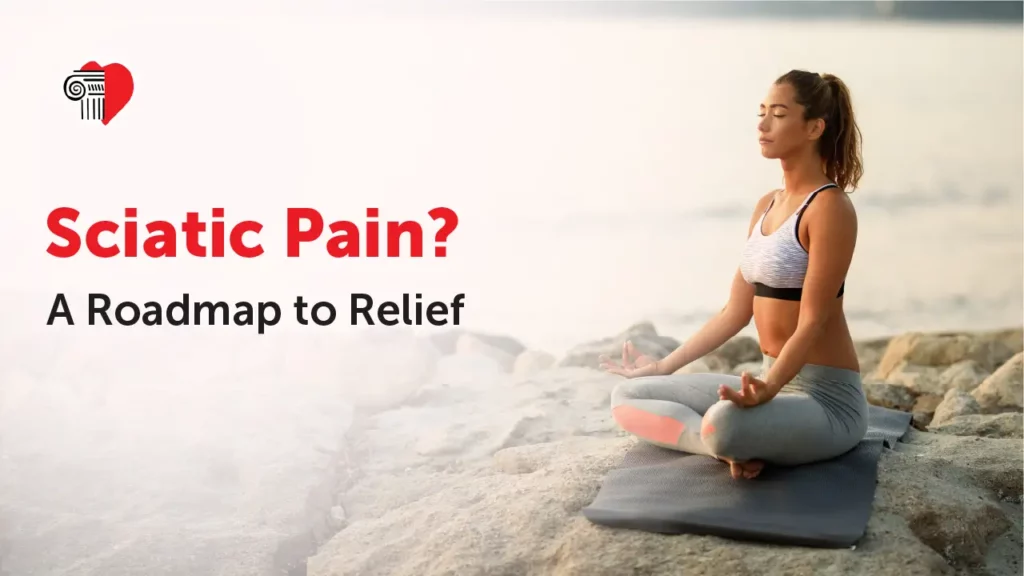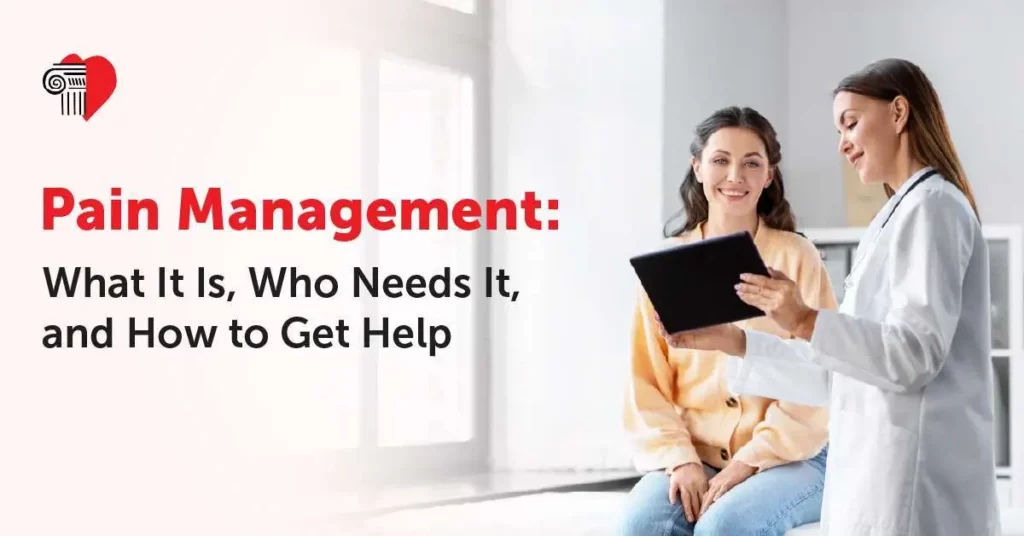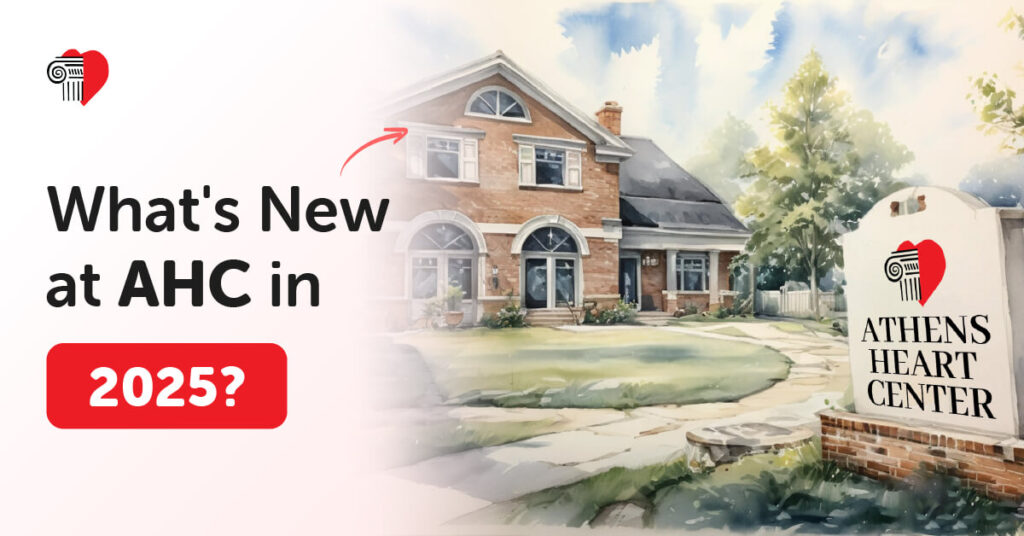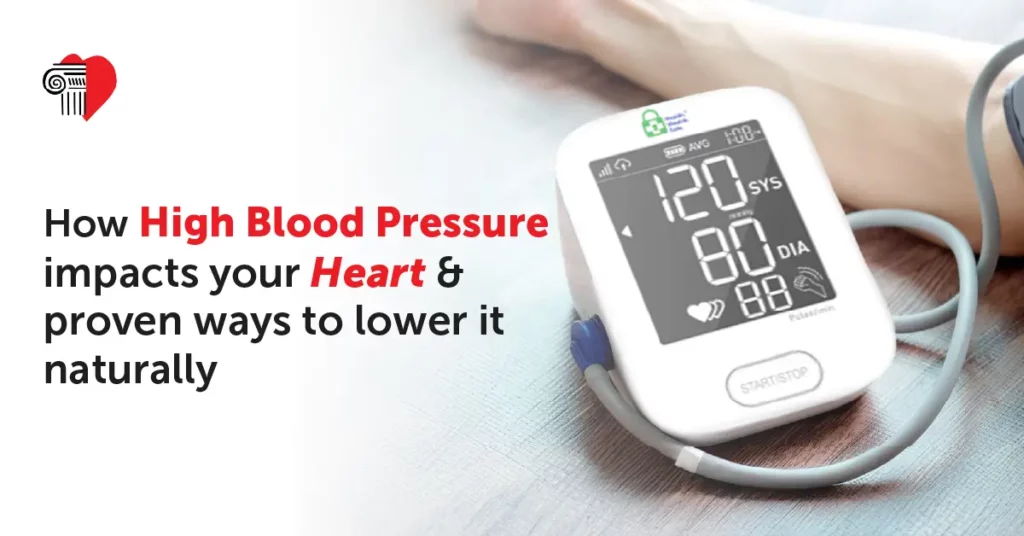Sciatic Pain? A Roadmap to Relief
Sciatic Pain? A Roadmap to Relief Imagine waking up with a pain that shoots from your lower back, wraps around your hip, and burns its way down one leg. It doesn’t matter if you’re standing, sitting, or lying down; the discomfort refuses to let go. That’s sciatica. It’s not just a backache. It’s a nerve problem that can bring even the most active person to a standstill. But here’s what most people don’t know: sciatic pain doesn’t have to control your life. Relief is possible just in theory, but not in everyday practice. Let’s walk through a realistic, medically-backed journey of how you can stop sciatic pain, step by step, day by day. Day 1–2: Listen to the Pain- Don’t Panic When sciatic pain first strikes, your instinct might be to curl up in bed and avoid movement altogether. But as experts at the Cleveland Clinic and Harvard Health advise, complete rest can worsen the issue. The pain might be your body’s warning, but stillness isn’t the answer. Instead, acknowledge the discomfort and gently support your body: Apply a cold pack to reduce early inflammation. Rest in a semi-reclined position with a cushion supporting your lower back. Keep short walks part of your day, even if it’s just to the kitchen and back. You’re not chasing pain relief in these early days; you’re building the foundation for healing. Week 1: Reclaiming Mobility As the pain begins to settle, it’s time to introduce movement, not high-impact workouts, but gentle, purposeful motions. Harvard Health calls this “active healing,” and it can be the difference between lingering pain and lasting recovery. A simple stretch, like lying on your back and pulling one knee toward your chest, can decompress the irritated nerve. But it’s not about how far you stretch. It’s about consistency and breathing. By the end of this week, you’ll notice something: the pain no longer feels random. It has triggers, certain postures, certain movements, and knowing them is power. Week 2–3: Building Strength, Not Just Flexibility At this stage, the goal shifts from relief to resilience. As the NIH and American Physical Therapy Association highlight, sciatica is often the result of poor posture, weak core muscles, or prolonged sitting. So instead of focusing on the pain, you now begin rebuilding the structures that support your spine. You don’t need fancy equipment, just your body and gravity. Bridge poses, pelvic tilts, and standing wall sits will do. Ten minutes a day. That’s it. You’ll start to feel your back stabilizing. The pain might still whisper, but it no longer shouts. Week 2–3: Building Strength, Not Just Flexibility At this stage, the goal shifts from relief to resilience. As the NIH and American Physical Therapy Association highlight, sciatica is often the result of poor posture, weak core muscles, or prolonged sitting. So instead of focusing on the pain, you now begin rebuilding the structures that support your spine. You don’t need fancy equipment, just your body and gravity. Bridge poses, pelvic tilts, and standing wall sits will do. Ten minutes a day. That’s it. You’ll start to feel your back stabilizing. The pain might still whisper, but it no longer shouts. Week 4 and Beyond: Understanding the Mind-Body Link Here’s something many people overlook: sciatic pain isn’t just physical. Pain researchers at Harvard and the National Center for Complementary and Integrative Health note that chronic nerve pain is influenced by your nervous system, stress levels, and even your thoughts. So alongside stretches and strengthening, you begin: Journaling when your pain spikes Trying guided meditation to calm muscle tension Noticing how stress tightens your hips or back This isn’t “alternative” care. It’s integrated science-backed therapy, and it works. What If the Pain Persists? Sometimes, even after weeks of effort, pain lingers. That’s when medical intervention becomes your teammate, not your last resort. The CDC and WebMD recommend escalating care only when: The pain is persistent and severe You experience leg weakness or loss of control You’ve exhausted self-care and physical therapy At AHC, we treat based on your exact symptoms. We offer: Diagnostic evaluations to identify disc issues or nerve pressure Referrals for physical therapy, injections, or orthopedic consults Lifestyle support tied to your sleep and stress levels, often overlooked in conventional pain care The Truth No One Tells You About Sciatica Sciatica doesn’t vanish overnight. It fades slowly, with effort.It teaches you how to sit, how to move, how to care for your body in ways you never did before. And most of all, it teaches you that your body can heal, given the right tools and time. The journey from pain to power isn’t always straight. But with guidance, knowledge, and compassion for yourself and your spine, you’ll get there. And we’ll be right here when you’re ready. Need Personalized Sciatica Help in Athens, GA? AHC is more than a sleep clinic. We specialize in whole-body care, encompassing pain management, posture correction, breathing techniques, and overall better living. 📍 Located in Athens, GA 📞 Call (706) 543-5915 📩 Request a Consultation at www.ahcspc.com Let’s walk your sciatic pain recovery journey together. References: Harvard Health – 5 Tips for Coping with Sciatica 🔗 https://www.health.harvard.edu/pain/5-tips-for-coping-with-sciatica Cleveland Clinic – Sciatica Overview 🔗 https://my.clevelandclinic.org/health/diseases/12792-sciatica WebMD – Sciatica Pain Relief Options 🔗 https://www.webmd.com/back-pain/sciatica-pain-relief-options NIH – National Center for Complementary and Integrative Health (Mind-Body Approaches for Pain) 🔗 https://www.nccih.nih.gov/health/providers/digest/mind-and-body-approaches-for-pain-science CDC – Low Back Pain and Work: A Guide for Employers and Workers 🔗 https://www.cdc.gov/niosh/docs/2005-131/
Sciatic Pain? A Roadmap to Relief Read More »




